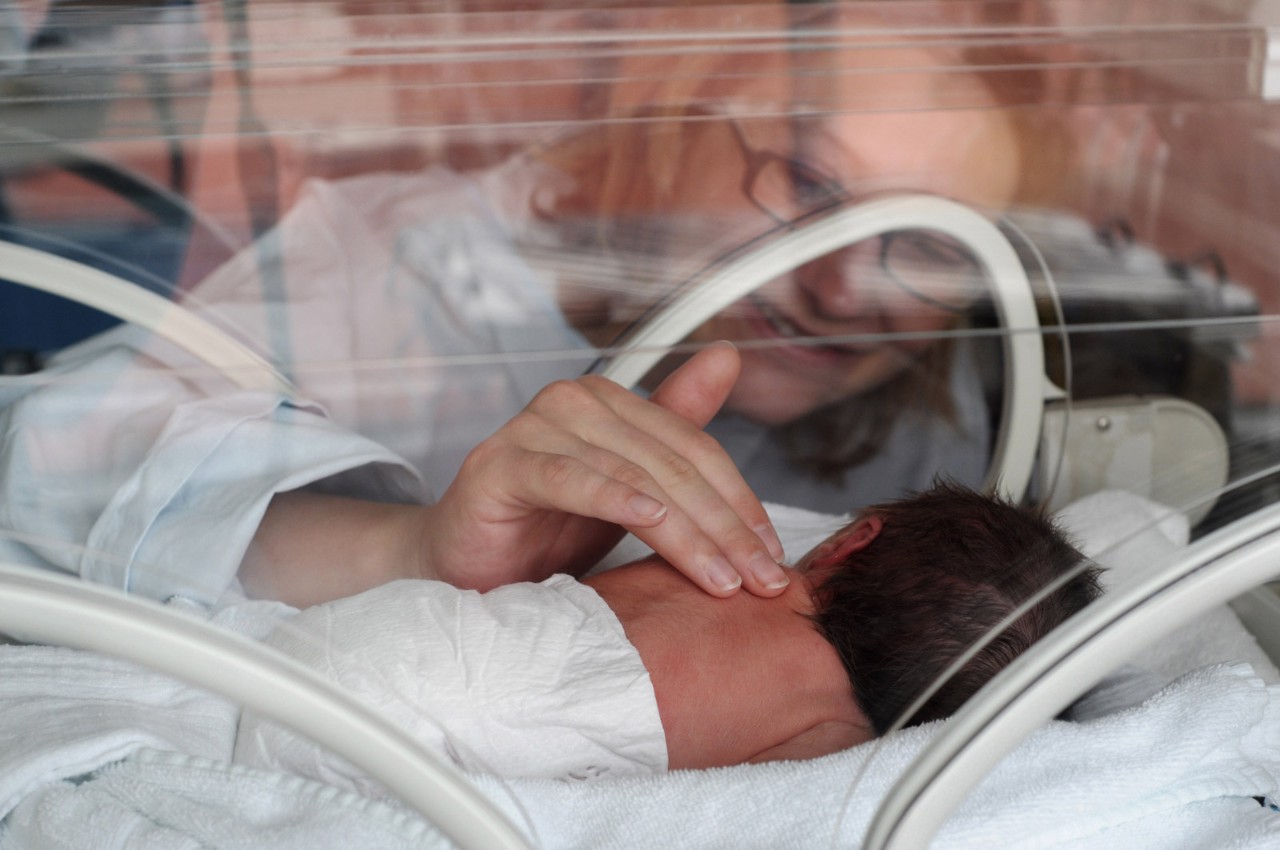Premature birth: risk factors
A premature birth is when a baby is born two or more weeks early. Which risk factors favor a premature birth?

In Switzerland, around 6 out of 100 children are born prematurely. Too early means: before the age of 37. week of pregnancy, i.e. more than 3 weeks before the due date.
Premature babies are much lighter and smaller, their bodily functions are not fully developed and their brain development is less advanced than with babies who are born later,
because in the last third of pregnancy alone, the brain volume triples and 40,000 nerve cells are created every minute. Therefore, the earlier a baby is born, the higher the risk of complications.
However, a premature birth no longer means that the child will be severely mentally or motorically impaired. Even most of those born extremely prematurely, before the 28th week of pregnancy, are still born. Children who are born in the second week of pregnancy develop normally in terms of their intelligence.
although they can be more susceptible to certain conditions such as asthma or ADHD and their memory may be somewhat impaired. Today’s medicine makes many things possible and premature babies often have a good chance of survival despite a bumpy start.
Signs of a premature birth
The majority of premature births occur spontaneously and without prior complications. A clear sign can be regular contractions that last longer than an hour. Bleeding may also indicate an imminent premature birth.
In about one-third of all preterm women, their waters break prematurely. Dripping or gushing amniotic fluid is an indication of an impending birth. In these cases, the doctor or midwife should be contacted immediately.
Risk factors that favor a premature birth
An early birth can also be induced if it is better for the mother and child. If contractions start early or waters break before the due date, the cause is unclear in around half of all cases. However, there are some risk factors that can cause premature births. These include:
- Stress, e.g. at work, in a relationship or financial worries
- Pregnancy-related high blood pressure, diabetes, kidney diseases, thyroid dysfunctions
- Diseases of the uterus, e.g. fibroids or weakness of the cervix
- Placental insufficiency, i.e. when the placenta is unable to supply the unborn child with sufficient nutrients and oxygen
- Too much amniotic fluid - smoking, alcohol and drugs
- Vaginal, uterine or urinary tract infections
- Previous miscarriages, premature births or abortions
- Multiple pregnancies
- Age - if the pregnant woman is younger than 18 or older than 35
Check-ups are important
Some risks can be reduced relatively easily: drugs, alcohol and nicotine should be avoided during pregnancy. A balanced diet and regular moderate exercise can also help reduce certain risks, such as pregnancy-related diabetes.
It is also a good idea to shift down a gear in daily life and avoid constant stress and worry. Regular check-ups with your gynecologist are particularly important.
If detected in time, an impending premature birth can be delayed under certain circumstances, for example by ensuring that the mother rests or by using medication to inhibit contractions.
Whether it makes sense to delay the birth depends on a number of factors. For example, whether the mum’s waters have already broken, whether mum and unborn baby are healthy and how advanced the pregnancy is.


